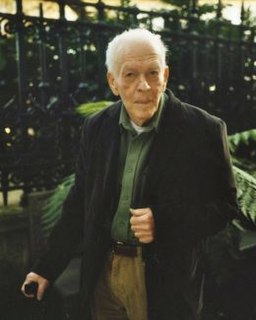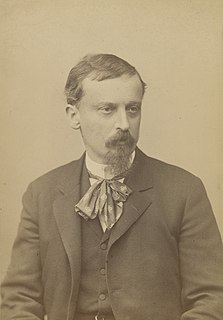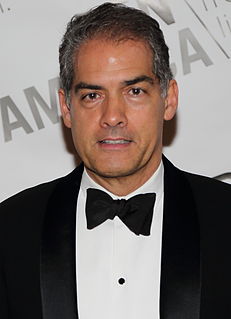A Quote by Samuel Beckett
I did not want to write, but I had to resign myself to it in the end.
Related Quotes
There’s one thing that’s been 'learned' maybe from Tunisia and Egypt that I think is a mistake. And that is that the existing ruler has to resign. He doesn’t have to resign. You take all the supports out from under him; he falls. No matter what he wants to do. This is the distinction in the analyses between nonviolent coercion in which he has to resign, but he’s forced into it, and disintegration when the regime simply falls apart. There’s nobody left with enough power to resign.
I did not want to be mistreated, I did not want to be deprived of a seat that I had paid for. It was just time… there was opportunity for me to take a stand to express the way I felt about being treated in that manner. I had not planned to get arrested. I had plenty to do without having to end up in jail. But when I had to face that decision, I didn't hesitate to do so because I felt that we had endured that too long. The more we gave in, the more we complied with that kind of treatment, the more oppressive it became.
I find that I end up liking songs if I really have an idea of something I wat to write about-some problem in my life or something I want to work through; if I don't have something like that at the root of the song, then I think I end up not caring about it as much. I gravitate towards some kind of concept or idea or situation that I want to write about. Very often I have to write, rewrite and come at it from an opposite angle...and I end up writing the opposite song that I thought I was going to write.
Being known as a writer did change the relationships I had with directors. The rap on actors is that they always want to inflate their parts. But when directors know you write screenplays and have a different view of things, you really get invited into the huddle in a much fuller way. And those collaborations end in friendships.







































